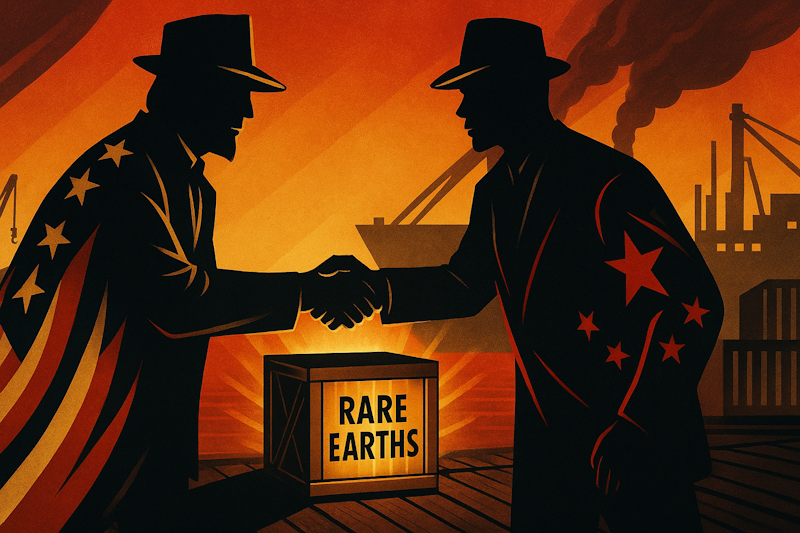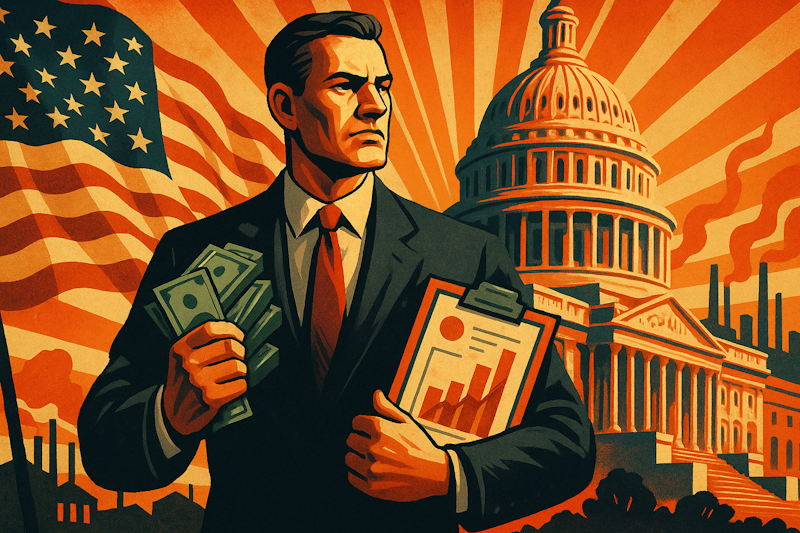When it comes to pinning the blame on the Federal Reserve, I’m as guilty as anyone.
Their task — manipulate the price of money. But the Grand Wizards on the Federal Open Market Committee simply don’t possess the knowledge necessary to undertake such a monumental task.
No one does.
Indeed, like Friedrich Hayek, one of the greatest free-market economists of the 20th century said, “The curious task of economics is to demonstrate to men how little they really know about what they imagine they can design.” And designing the price of money is an arrogant conceit. One that Hayek went so far to labeled as “fatal.”
Yet, with war in Europe, sanctions wreaking havoc on an already strained supply chain, and knock-on effects that no one can anticipate, the Fed is scheduled this coming week to imagine what inflation they can design by managing the price of money.
The fatal conceit running rampant through the minds of money meddlers in Washington knows no bounds.
Unfortunately, this conceit isn’t limited to members of the Fed…
Aspirations of Order
Fatal conceit underpins the arrogance common to nearly all who would dare pass laws, effect policy, or pass executive orders that impact the decisions of hundreds of millions of people.
The critical fallacy propping up their arrogance is that centralized decision-making outperforms decentralized decision-making.
They think that the order imposed by the decisions of a few can bring a more optimal result than the one that emerges naturally out of chaotic human interactions in a world rich with choice.
Life has taught me that, deep down, most people must crave more order than nature allows. The leaders we elect simply reflect that desire. The masses want their king, and politicians give them what they want.
Which reminds me of a movie I watched with my kids more than a decade ago.
Quietly Dropping A Truth Bomb
The movie was Where the Wild Things Are.
One the Wild Things, Carol, wants very badly for relationships between him and his friends to be exactly how he wants them to be. He feels that only a king with magical powers can impose the type of order he desires.
To solve this problem, Carol makes the little boy, whose fantasy world Carol lives within, the King.
Inevitably, Carol grows disappointed, and angry. The King can’t deliver on his promises. He can’t make everyone happy.
And as Carol’s rage reaches a climax, Douglas — another “Wild Thing” calmly drops some truth by saying “There Is No King.”
You got that right, Douglass…
We currently face the very real consequences of decades of government and central bank decision making on our behalf; all with the noble intent of making things better.
These are our “kings.”
And the rampant, deep seeded tendency of most people to look to those apparently in control to make things better, especially in times of trouble, sows more problems than it solves.
We hope that bailouts work. We believe the Fed can orchestrate the “right” price of money. We buy into superficial dialectics like “Russia bad, NATO good” because it makes us feel the system, our king, works.
A World With No Kings
Austrian economists have tried for over a century to teach us that decentralized decision-making outperforms centralized decision-making. Or, more succinctly, the path to hell is paved with good intentions.
Any system dependent on the intervention of a few to create order out of chaos is doomed to failure.
That is our system.
And until the power to make decisions is restored to markets and the hands of individuals, confidence and trust in the economic system will continue to deteriorate.
But a new system is emerging out of chaos. Crypto offers a path for new markets to emerge. One that will allow individuals to engage in productive work, completely on their own terms.
Get to know the ins and outs of crypto. Through it, you can exit the system and step onto a prosperous path. One that, incidentally, never asked the favor of the king.



